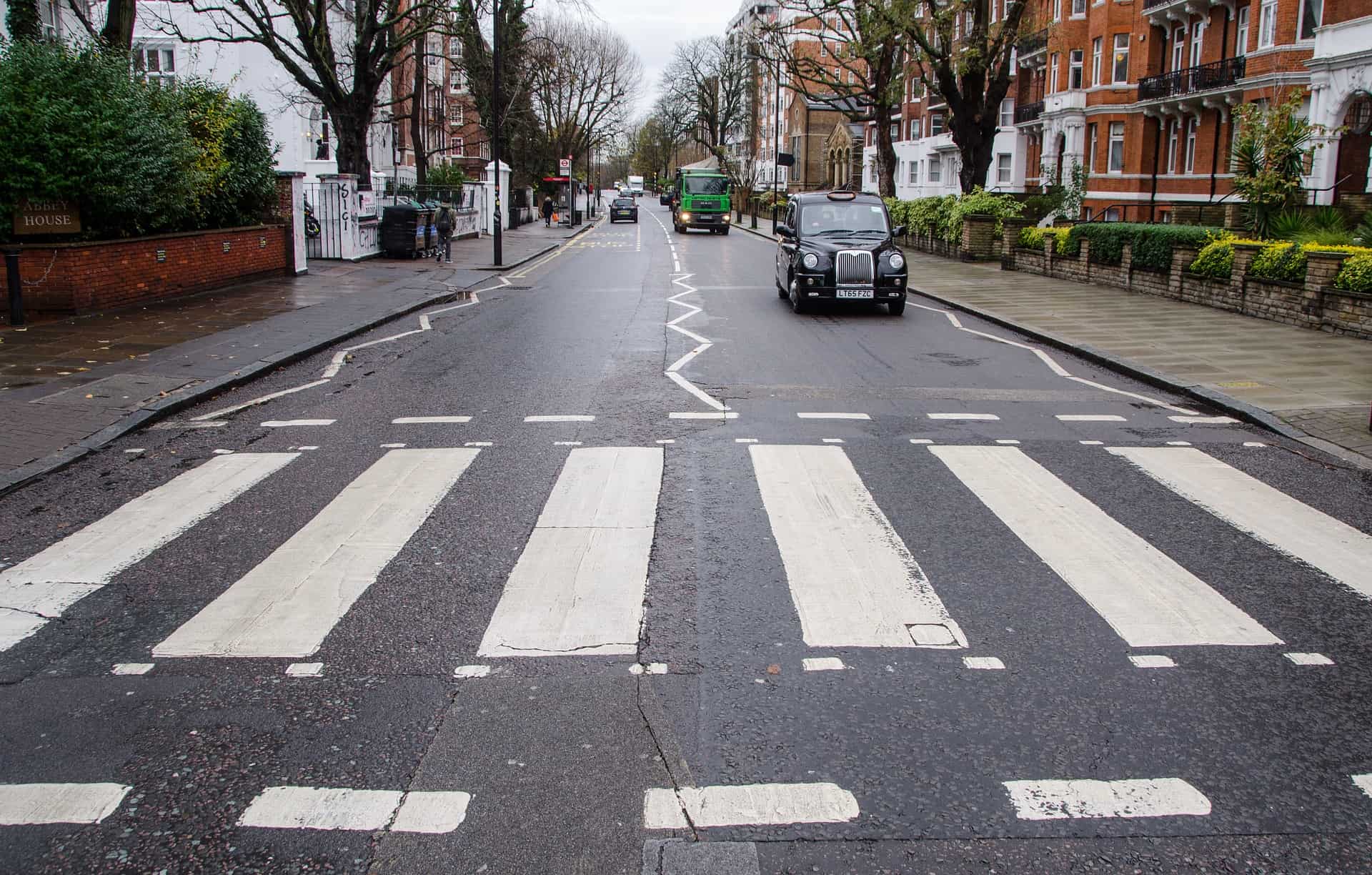
What The Beatles’ Get Back Documentary Teaches Us About Writing
As a life-long Beatles fan, I knew I would love the Beatles Get Back Documentary. What I didn’t expect was how much I would learn watching their creative process.
Having released 22 studio albums between 1963 and 1970 of mostly original songs, the Beatles were among the most prolific artists of their time. I’d often wondered how they did it. Having seen Get Back, I now see at least a few key elements in their process that I’m going to share with you, as I believe they also apply to writing.
Allowing
For creativity to take place, you’ve got to allow it. This can mean carving out the time and space to do it, finding the right environment, making sure you have the right tools, and the people that you need to support your efforts. It also means allowing creativity to flow.
There’s this great moment in Get Back where you see Paul McCartney strumming away on his bass and riffing, until he stumbles on some of the chorus for the song Get Back. You can actually see him shift in recognition that he’s on to something and start to follow it.
Another example of allowing is when Ringo Starr shares with George Harrison a little bit of a song he’s concocting about an Octopus in the sea, and Harrison starts to help him work out some possible chord changes. This kind of allowing in collaboration is also very significant to book writing, where an author and an editor can work together to find the best wording and flow.
Non-Judgement
Watching the Beatles’ attitude as they wrote songs was particularly interesting to me. There’s one scene where George Harrison shares a bit with John Lennon of a song that will go on to become one of Harrison’s greatest, Something, and he’s working on the line, “Attracts me like…” and Lennon tells him it doesn’t matter, just stick a word in there like, “Attracts me like a cauliflower,” and keep trying words until you find it.
I think this is genius, because it can be so easy to get stuck on trying to find the right word for one line or sentence and not be able to get past it, and then the piece never gets done. By allowing yourself to move forward without judging the work while it’s still finding its form, you can keep moving and get it done.
Playfulness
One myth that got busted in the Get Back film was the notion that the Beatles’ final albums, Let It Be and Abby Road were produced under the pall of morose discord. While there are definitely some tense moments, there was far more footage of them being silly and having fun. They not only said some funny things, they brought their whole bodies into the silliness, dancing, or moving in herky-jerky ways, and again, I believe this is an ingredient in the secret sauce of their prolific and extraordinarily original songwriting.
Being willing to be silly and allow yourself to play in childlike ways is like tilling the soil before a planting. It loosens your insides and helps great ideas emerge and begin to take root.
For writing a book, I’d liken this to allowing yourself to explore new ideas, or write the thing you fear is not okay to say, or stretch your imagination into the absurd. You always can bring it back to ‘reality’, but giving yourself a longer leash early in your writing process will help you make new discoveries.
Work It ‘til It’s Right
If you watch The Get Back Documentary, you’ll hear a few songs performed several, and I mean SEVERAL times. So many, that it could become tiresome unless you appreciate what the Beatles are showing you about what it takes to get a piece of work from okay to legendary.
Once you get a great idea and develop it to the point where you know what it is, and you have a clearer vision of where it needs to be, this is when the work begins. All writing is an iterative process. You’ll do draft after draft after draft, sometimes making massive changes, other times making minor adjustments. The key is to keep working it until you get it right.
Share It with an Audience
The best way to ensure that you complete your work and get it to the best level you can is to plan a performance. There’s nothing like a deadline and an audience to motivate you towards not only finishing, but making sure the work you present is the absolute best you’ve got.
In the movie, the Beatles spent a good deal of time in a meandering state, but as the deadline neared, their sense of urgency rose. But what I found really inspiring and endearing was how they rehearsed the songs over and over and over, and never felt satisfied with the playback recording until they went up on the roof and performed for the people.
Having that live audience snapped them into a higher level. Not just to try to look good. They were feeling the energy and joy of sharing their work with a live audience for the first time in three years.
Same holds true for a book. If you want to ensure you get it done, have a deadline and as you write, imagine your reader responding to your content. Think of them and how you want them to respond. And when your book is out, bask in the joy of sharing your work with others.
The Bottom Line is This:
Whether or not you’re a Beatles fan, you can learn from their creative process.
Go here for more tips on how to write (and finish) a terrific book.
